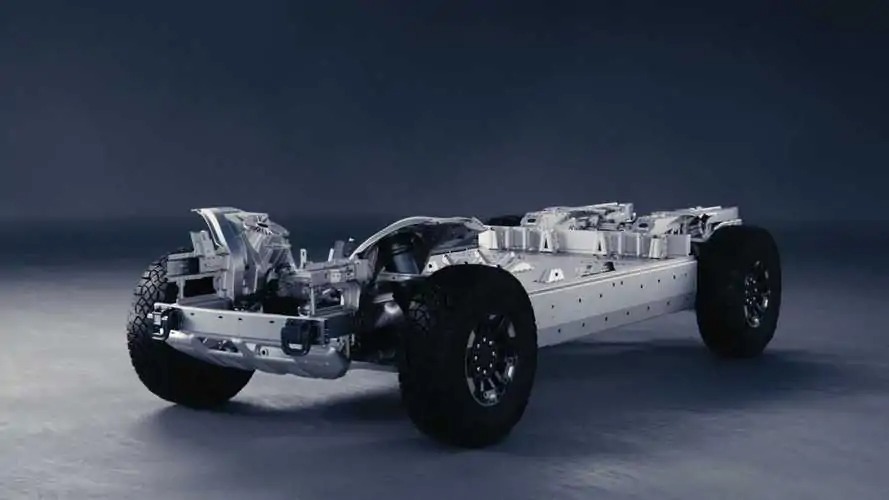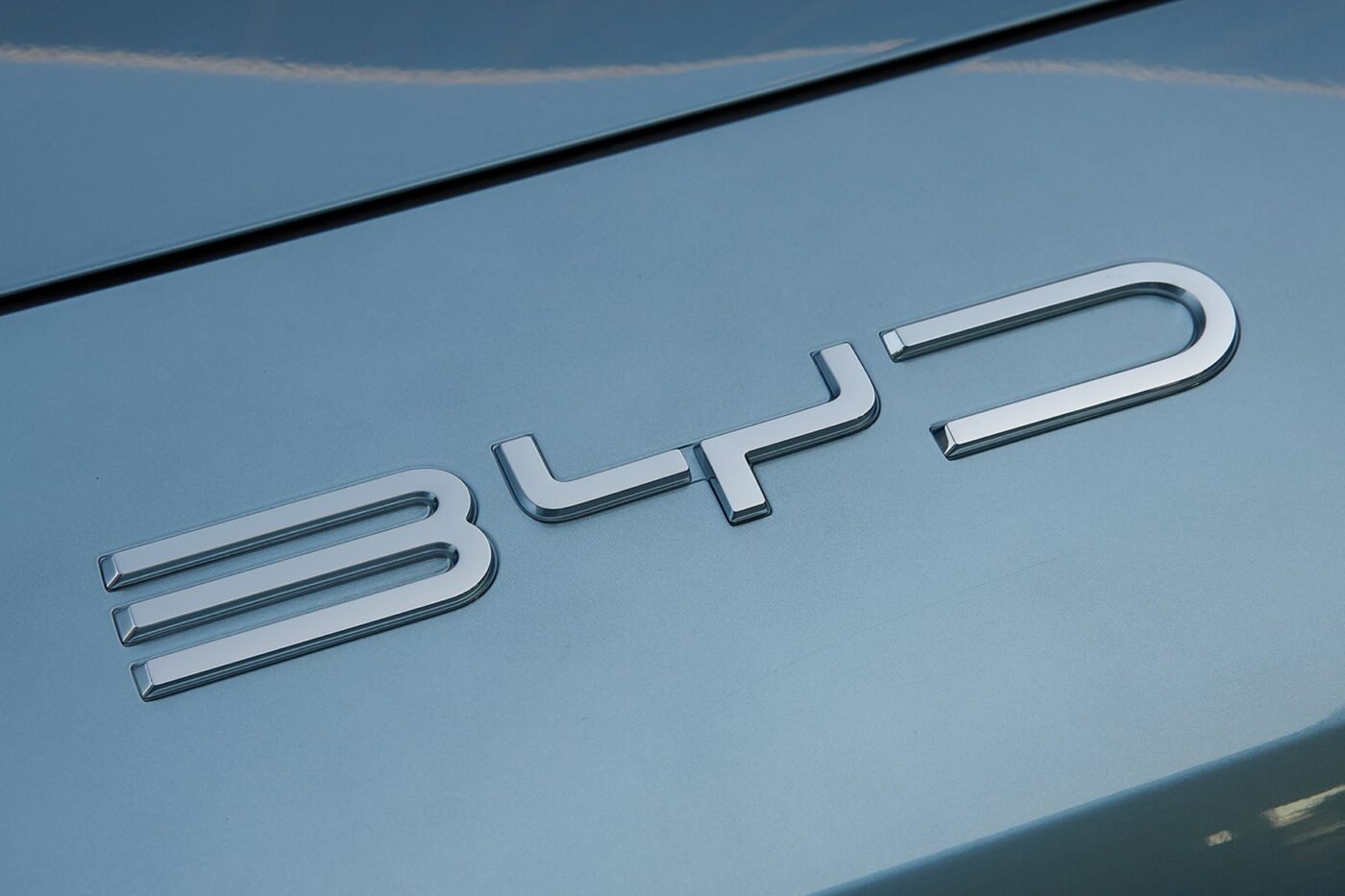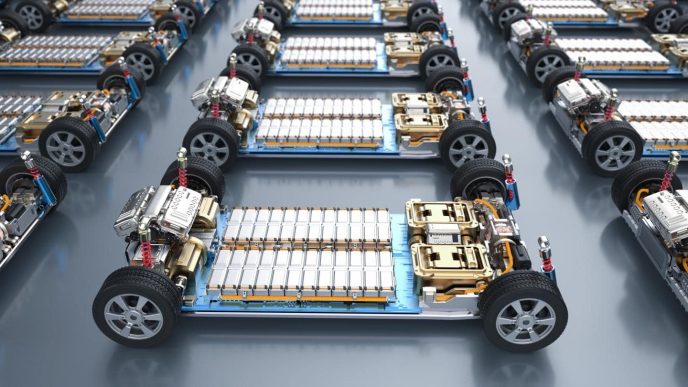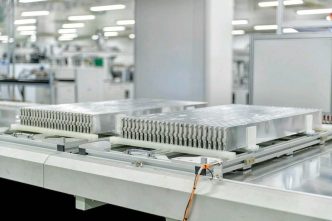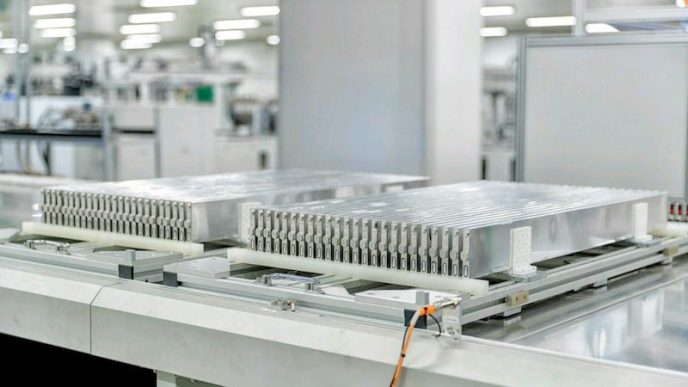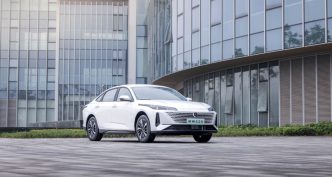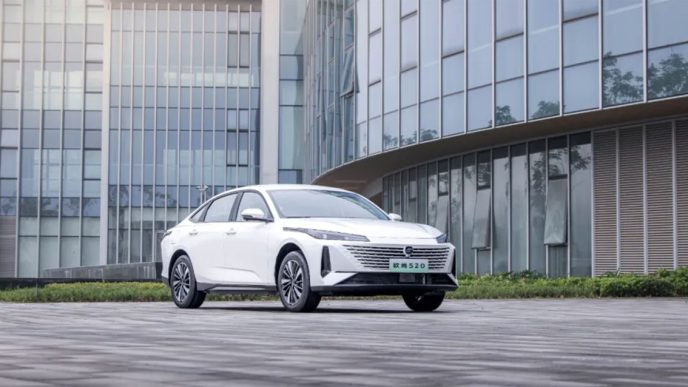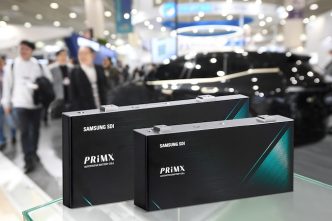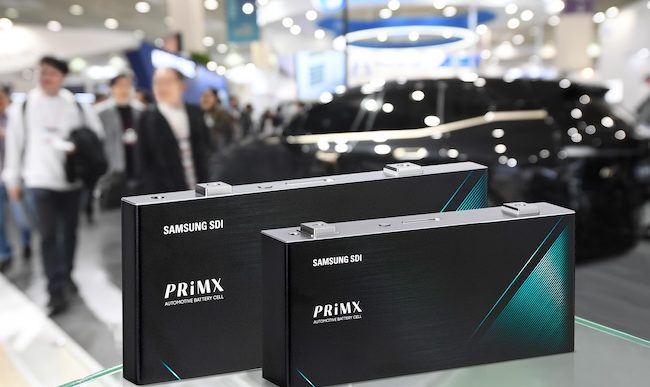The high-voltage battery is the core of an electric vehicle (EV), and concerns about battery health and the potential high cost of replacement, especially for used models, can often deter potential buyers. However, a quiet revolution is underway in battery manufacturing, aimed at improving energy density, durability, and cost-efficiency, which could drastically reduce the future cost of EV battery replacements. A new report from Recurrent, a battery health and data start-up, highlights key trends that suggest EV owners could face significantly lower replacement costs in the future.
Battery replacements are infrequent, as most automakers offer warranties of eight years or 100,000 miles on the battery pack, with many modern batteries lasting much longer. In fact, Recurrent estimates that “most modern batteries can last twice as long and go double the distance.” Tesla, for example, has seen numerous reports of vehicles driving over 200,000 miles with minimal battery degradation, and there is even a Model S with 1.2 million miles on it, having undergone only four battery replacements. With such impressive longevity, most EV owners likely won’t need a battery replacement for years.
Looking ahead, if battery manufacturing continues to improve at its current pace, replacement costs will plummet. According to Recurrent, citing data from climate research firm RMI, cell prices are projected to drop to $35 per kWh by the end of the decade, which would reduce the cost of replacing a 100 kWh battery to around $4,500 to $5,000, or about $3,375 for a 75 kWh pack. Recurrent adds that these estimates “put EV battery replacement costs on par with replacing an internal combustion engine,” which can cost anywhere between $4,000 for a standard four-cylinder engine and more than $10,000 for a high-performance one. While current replacement costs for EV batteries range between $5,000 and $16,000, depending on the battery size and model, these prices are expected to decrease significantly.
In addition to lower replacement costs, owners of used EVs may also have the option to sell their old battery packs, further offsetting the cost of a new one. While used packs are currently typically refurbished and repurposed for energy storage, Recurrent points out that “industry experts expect the used EV market to grow substantially down the line, with millions of used EV owners who may be able to negotiate the sale of their own packs if replacement is required.” Recurrent estimates that the resale of used packs could reduce the cost of a new battery by an additional $10 to $20 per kWh, depending on the pack’s condition.
The future of EVs looks increasingly promising, with falling lithium prices expected to contribute to the overall affordability of electric vehicles. Goldman Sachs predicts that lithium prices will drop from $149 per kWh in 2023 to just $80 per kWh by 2026, making EVs more accessible and potentially reaching price parity with gasoline-powered cars in the U.S. within the next few years. While regulatory factors may impact the pace of this transition, the overall trend points toward a future where EVs become more affordable, with lower battery replacement costs and better resale value for used packs.
In conclusion, the concern over EV battery replacements should not deter potential buyers. Modern EV batteries are built to last and are expected to become even more durable over time. And if a replacement is necessary, it will likely cost much less in the future, with options available to offset those costs, such as reselling used batteries. As the industry evolves, EV ownership will continue to become more economically viable, reinforcing the transition to electric mobility.
Source: Recurrent Auto

